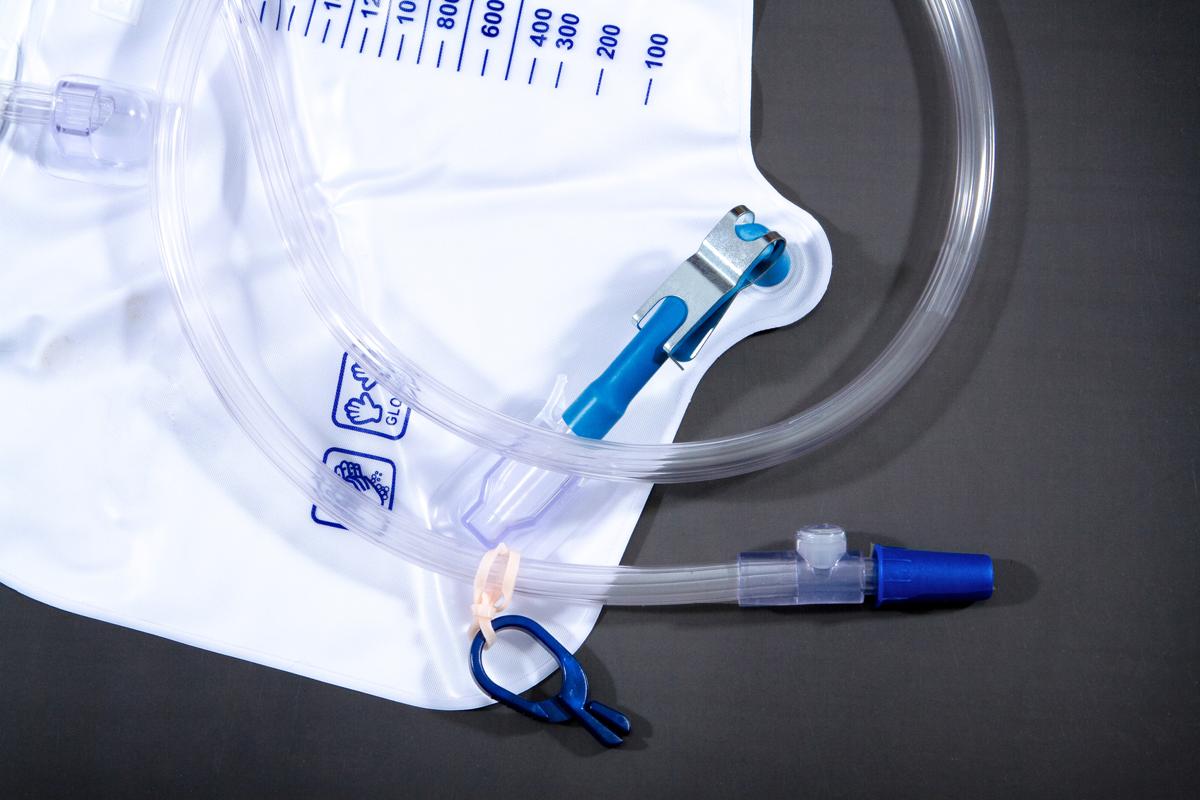
The ratio of urine protein to creatinine helps assess the function of the kidneys. Serious changes in the levels of creatinine and protein in urine indicate kidney problems. Read on, to know what are the normal levels of creatinine and protein in urine….
The protein albumin is abundantly present in blood plasma as it promotes cellular function and strengthens muscles, bones, nails and hair. Proteins being the building blocks of the body, are essential for proper functioning of the body. We all know that kidneys filter the blood and help the body to throw away the waste products. Protein molecules are relatively larger and cannot pass through the minute glomeruli present in the kidney. Thus they are retained in blood as body requires them. Normal urine therefore, contains a negligible amount of protein. On the contrary, creatinine, a break-down product of creatine phosphate, is flushed out of the body through urine regularly. Creatinine is a waste product produced during cell metabolism. If the ratio of urine protein to creatinine is within the normal range, then it means that your kidneys are functioning well.
Normal Levels of Protein and Creatinine in Urine
Presence of protein in urine is called ‘proteinuria’. Foamy urine usually indicates proteinuria.
- Normal protein level for a random urine sample : approximately 0 to 8 mg/dL.
- Normal protein level for a 24-hour urine collection : Less than 150 mg per 24 hours.
- Normal range of creatinine in urine for men : 90 to 140 milliliters per minute or 1.78 to 2.32 milliliters per second
- Normal range of creatinine in urine for women : 87 to 107 milliliters per minute or 1.45 to 1.78 milliliters per second.
- Creatinine level in a 24 hour sample of urine : between 500 – 2000 mg/day.
- Normal albumin to creatinine ratio : less than 30 mg/g of creatinine.
- Normal urine albumin to creatinine ratio in men : less than or equal to 17 mg/g of creatinine
- Normal urine albumin to creatinine ratio in women : around 25 mg/g of creatinine
- High albumin creatinine ratio : around 35 – 300 mg/g of creatinine
- Albumin creatinine ratio : greater than 300 mg/g of creatinine is termed as macroalbuminuria.
- Normal protein to creatinine ratio in children under the age of two years : less than 0.5 grams of protein per gram of creatinine
- Normal protein to creatinine ratio in adults and children over 2 years : less than 0.2 grams of protein per gram of creatinine
- Nephrotic Ratio > 3.5 grams of protein per gram of creatinine
- Normal 24 hour creatinine excretion
- for males belonging to the age group 20 to 50 : 18.5 to 25.0 mg/kg/day
- for males belonging to the age group 50 to 70 : 15.7 to 20.2 mg/kg/day
- range for males : 0.8 – 1.8 grams per 24 hours
- for females belonging to the age group 20 to 50 : 16.5 to 22.4 mg/kg/day
- for females belonging to the age group 50 to 70 : 11.8 to 16.1 mg/kg/day
- range for females : 0.6 – 1.6 grams per 24 hours
The normal reference values may vary slightly from lab to lab. As creatinine is a waste product produced during muscle metabolism, and as women have less muscle mass than men, creatinine production in women is slightly lower than that in men. The normal values of creatinine decrease along with aging. The levels drop down by about 6.5 milliliters per minute for every 10 years, once you enter into thirties.
Higher Ratio of Urine Protein to Creatinine
What do high protein levels in urine indicate? A higher urine protein to creatinine ratio indicates kidney dysfunction. Low creatinine levels in urine also suggest kidney dysfunction. Kidney infection which damages the glomeruli can result in passing of protein through urine. Apart from this, several other diseases and disorders can lead to high protein in urine. For example,
- Pyelonephritis, bacterial infection in kidneys that causes inflammation of the nephrons in the kidneys
- Glomerulonephritis, infection of the glomerulus of the nephron
- Congestive heart failure
- Uncontrolled diabetes (type 1 and type 2)
- Hypertension (high blood pressure) may result in not only protein but also blood in urine
- Pre-eclampsia during pregnancy (signs of hypertension and fluid retention)
- Urinary tract infection
- Amyloidosis, accumulation of amyloid in organs or tissues
- Tumor in bladder
- Dehydration, lack of water and fluids in the body
- Diabetic nephropathy
- Goodpasture syndrome, rapidly progressive kidney failure along with lung disease
- Heavy metal poisoning
- Lupus erythematosus
- Malignant hypertension
- Multiple myeloma
- Nephrotic syndrome
- Consumption of certain medicines (nephrotoxic drugs) that can cause damage to the kidneys
- Polycystic kidney disease
Proteinuria is normally asymptomatic. Regular urine test helps diagnose proteinuria. Severe loss of protein through urine can lead to serious health hazards. Kidney infection, if not treated promptly can lead to life-threatening conditions. I hope the article has succeeded in conveying the message that routine medical checkups play an important role in detecting the diseases and disorders at early stages, and thus, they are essential if you want to stay healthy.


